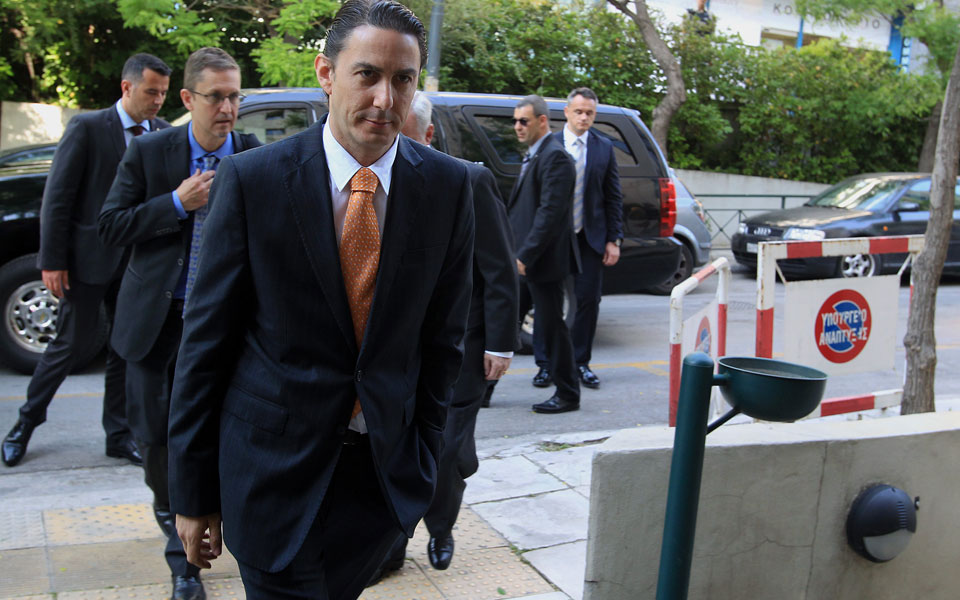US diplomacy to push for the Greek-Bulgarian gas pipeline

The new delay in the natural gas Interconnector Greece-Bulgaria (IGB) pipeline project has brought about the mobilization of US diplomacy, with the arrival of a special envoy in Athens for talks.
IGB was planned to ensure an alternative supply to Russian natural gas for Bulgaria through a linkup with the Trans Adriatic Pipeline (TAP) that will carry Azeri gas, with the prospect of additional interconnecting pipelines up to Romania and Hungary, and possibly all the way north to the Baltic countries.
Washington has sent its special envoy and coordinator for international energy affairs, Amos Hochstein, to Athens, who will meet with Greek Energy Minister Panos Skourletis on Wednesday morning. After that there will be a three-way meeting with the participation of Bulgarian Energy Minister Temenuzhka Petkova.
Hochstein’s visit is deemed preparatory ahead of a formal visit by US Secretary of State John Kerry to Athens in November.
The IGB pipeline is high on the US energy diplomacy agenda due to the potential independence it offers to Southeastern European countries from Russian firm Gazprom’s gas. Through its connection with TAP, IGB will link the Greek town of Komotini with Bulgarian city Stara Zagora. First Bulgaria, then Romania and Hungary, and later on the Baltic states will be able to receive gas from Azerbaijan and from other sources in the Caspian Sea, not only from the gas coming via TAP through Greece, but also from the Greek network that could supply those countries with the liquefied natural gas (LNG) stored at Revythousa. This is why the IGB project has been included among the European Union priorities and resources of 45 million euros have been set aside for its funding.
The start of the project’s construction depends on the decision that managing company ICGB will make, though this was postponed in May without a new date being set. The Greek side cited technical details for the postponement, but this coincided with the visit of Skourletis’s predecessor, Panayiotis Lafazanis, to Moscow.
The US was not happy with the delay, but Hochstein has not rushed to Athens due to another development: ICGB has decided to extend the market test process that started in May 2013, citing uncertainties, with its end remaining open as it requires an agreement by the Greek and Bulgarian regulators.





